News
EEE Awarded Two Open Education Stimulation Fund Grants
- Monday, 24 March 2025

The Electrical Engineering Education (EEE) section has recently been awarded two grants from TU Delft’s Open Education Stimulation Fund (OESF). These grants aim to enhance education through innovative teaching methods and materials, supporting TU Delft’s commitment to open education.
The first project, Dr. Seyedmahdi Izadkhast (EEE) was awarded with the TU Delft Open Education Stimulation Fund, "Enhancing BuddyCheck: A Toolbox for Teachers to Analyze Student Peer Evaluation Data," led by Dr. Seyedmahdi Izadkhast, Dr. Bahareh Abdi, and Dr. İlke Ercan (EEE), will develop practical tools to improve the experience of bachelor Electrical Engineering students in project-based courses. The project involves close collaboration with Dr. Prem Sundaramoorthy (Aerospace Engineering) and Dr. Gillian Saunders (Mechanical Engineering). This initiative is set to create open-access resources and training materials to support fairer and more effective peer evaluations, fostering better teamwork and learning outcomes.
The second awarded project, "Embodied Engineering: Enhancing Learning and Well-Being Through Somatic Practices," is led by Dr. Jagoda Cupać from the Faculty of Civil Engineering and Geosciences (CiTG) and Dr. Roel Schipper, in collaboration with Dr. İlke Ercan and EEE mentorship coordinator Riëlle Hondelink. This project integrates body-awareness techniques into the curriculum to improve student well-being and enhance their educational experience. The practices will be integrated into EEE's mentorship program, with collaboration across the CiTG faculty.
The Open Education Stimulation Fund supports projects that emphasize accessibility, inclusion, and educational innovation. These two successful proposals demonstrate EEE’s ongoing commitment to enhancing educational quality and student experience through collaborative and practical approaches.
Congratulations to all project members!
More ...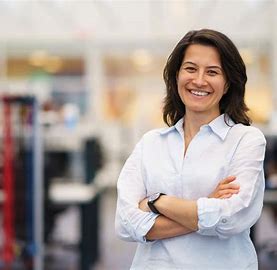
Dr. Bahareh Abdi (EEE) Awarded Funding for Innovative AI Education Project
- Friday, 28 February 2025
Dr. Bahareh Abdi (EEE) has been awarded €25K in funding through TU Delft’s Call for Proposals on AI-Augmented Engineering Education for her project “Practical AI in Engineering: A Case-Study-Driven Open Repository and Course.” This project, developed with co-applicants Dr. Gosia Migut, Dr. Tom Viering (EEMCS), Dr. Martin Sand (TPM), and Dario Turelli (Mondai, House of AI, TU Delft), aims to bridge the gap between AI skills and their real-world applications in engineering.
The project will create an open-access repository of interactive AI case studies and an accompanying course. The course will help students define AI problems with industry partners, analyze datasets for biases, interpret AI outputs, and address ethical considerations. It will also provide essential tools for model evaluation and communication.
This initiative will provide adaptable, open-source materials for both technical and non-technical audiences, promoting high-quality AI education and collaboration between academia and industry.
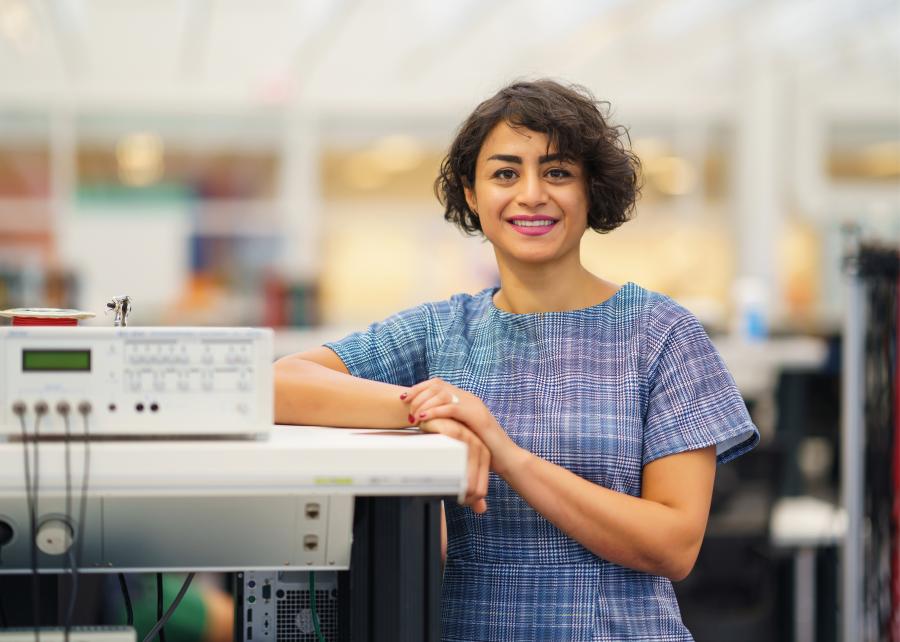
Ilke Ercan wins Delft Women in Science (DEWIS) Award 2024 in the Advanced Career category
- Wednesday, 15 January 2025

"Dr. Ilke Ercan, a transformative leader at TU Delft's Microelectronics Department, is a champion of equity, diversity and inclusion. As Chair of Electrical Engineering Education, she co-founded the IEEE Women in Engineering Affinity Group and established the Johanna Manders Makerspace, the first space at EWI named after a woman. She is committed to empowering women, non-binary and underrepresented students in STEM. Ilke's mentorship ensures student inclusion in impactful research and opportunities, fostering belonging and innovation. She exemplifies leadership by creating inclusive spaces and supporting accessibility initiatives, inspiring excellence in STEM education." More information on DEWIS

Dr. Bahareh Abdi (EEE) awarded 4TU.NIRICT funding for an innovative high school education project
- Thursday, 19 December 2024
Dr. Bahareh Abdi (EEE) has been awarded 4TU.NIRICT funding for her project titled “DIY Sound Instrument & Frequency Analysis: Promoting ICT Through Creative Learning.” The project, developed in collaboration with a diverse team of experts, aims to inspire Dutch high school students to explore ICT and STEM through hands-on, sound-based experimentation.
Dr. Abdi, along with co-applicants Dr. Mahboobeh Zangiabady (University of Twente), Prof. Dr. Ir. Alle-Jan van der Veen (TU Delft), Dr. F.R. Jansson (TU Delft), Dr. Ir. S. Haemers (TU Delft), and Ir. Stefanie Brackenhoff (University of Groningen), will receive €20k in funding to develop and implement this interdisciplinary educational module.
The project will engage students in building DIY musical instruments from everyday items and analyzing the sounds using a custom-developed mobile application. Through activities like frequency and amplitude analysis, students will gain insights into fundamental concepts in physics, signal processing, and ICT.
This exciting project will be hosted by Johanna Manders Makerspace, where the tools and educational materials will be developed with support from Dr. İlke Ercan and Peter Nagy from EEE.
This initiative reflects 4TU.NIRICT’s mission of fostering interdisciplinary educational innovation and strengthening collaboration between technical universities and secondary education.
More ...
European Women in Tech
- Tuesday, 4 June 2024

The European Women in Technology will take place in June 26 and 27 in Amsterdam https://europeanwomenintech.com/ Ilke Ercan will be representing IEEE Women in Engineering affinity group at the IEEE booth along with two EE BSc students Louka Verstraete and Laura van Vliet, and our MSc graduate Seçil Şanseven.
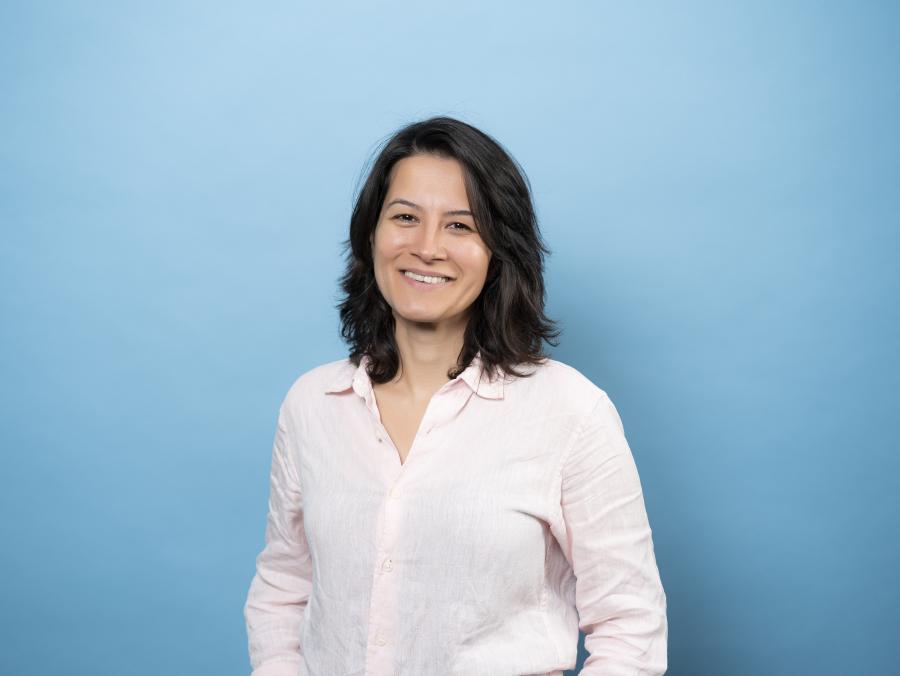
At last, a woman’s name on the nameplate
- Monday, 11 March 2024

When Merel Verhoef, an Electrical Engineering student, heard last year that yet another area in her Faculty was going to be named after a man, she felt as though she had been slapped in the face.
A list of all 21 floors with their countless labs and lecture halls did not make her any happier – they all bore the names of men. She thought that it should not come as any surprise that so few women study or work in electrical engineering. Surely the open days do not help attract women if they do not recognise themselves in that environment?
Verhoef expressed her frustrations to llke Ercan, Assistant Professor in Electrical Engineering, who was on the point of claiming an as yet nameless space to set up her much desired Makerspace. This would be a space for extracurricular experiments and tryouts. Ercan says that it was perfect timing. “I was immediately able to do something about Merel’s frustrations.”
She came up with a plan to name a room in her building after a female scientist for the first time. The Computer Science building (building 28), also part of the faculty of EEMCS, already had a room named after Iranian mathematician Maryam Mirzakhani.
Read more; At last, a woman’s name on the nameplate - Delta (tudelft.nl)
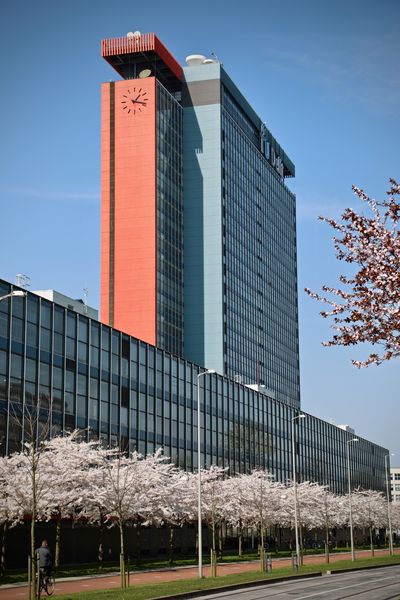
Dr. Bahareh Abdi (EEE) awarded the TU Delft Open Education Stimulation Fund
- Wednesday, 17 January 2024
Dr. Bahareh Abdi (EEE) was awarded with the TU Delft Open Education Stimulation Fund for her project “Enhancing Electrical Engineering Education: A Digital Twin and Interactive Manual Approach for Dynamic Hands-On Learning.” Dr. Abdi will receive €20k over one year period to develop interactive textbook equivalent of BSc EE lab manuals with added digital content to improve students’ learning experience.
In this project, Dr. Abdi collaborates with Dr. Seyedmahdi Izadkhast (EEE), Dr. İlke Ercan (EEE), and Prof. Dr. Ir. Alle-Jan van der Veen (SPS) from the Department of Microelectronics, and Dr. Serdar Asut from the Faculty of Architecture who has expertise on the subject. The departure point of the project is Integrated Project-3 in the BSc EE curriculum. The outcome of the project will inform the improvement of other integrated projects and lab courses.
More ...
BSc EE Student Samantha van Rijs wins the EDA Competition at SMACD 2023 Conference
- Tuesday, 11 July 2023
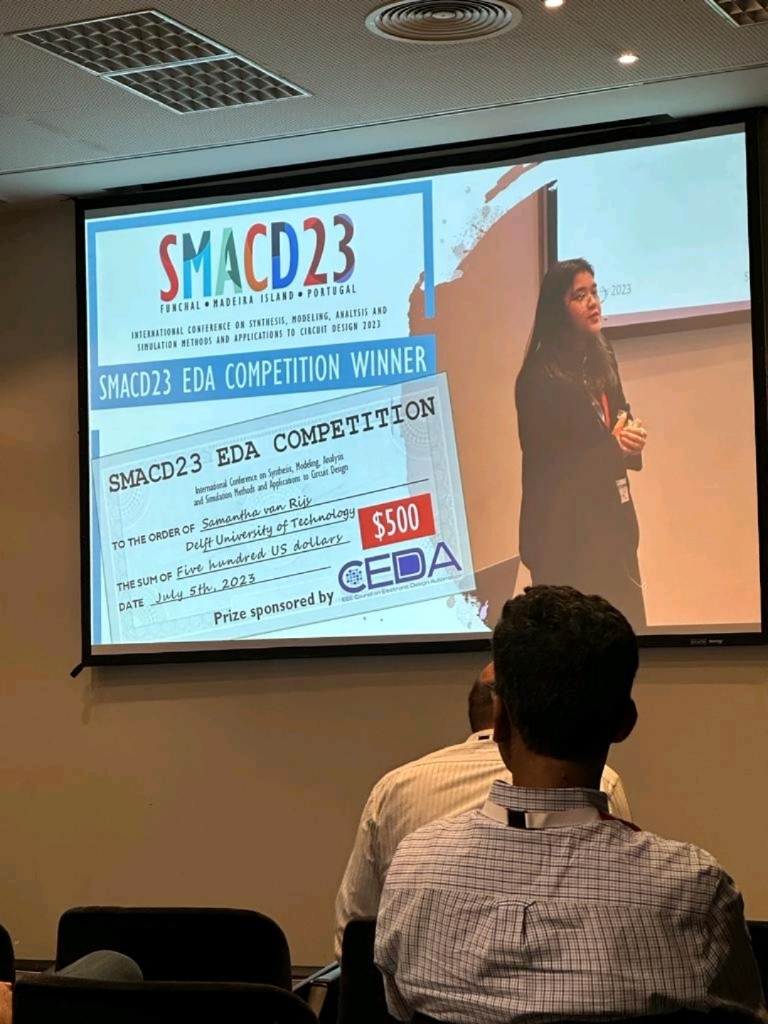
Third year BSc EE Samantha van Rijs wins the Enhance Design Automation For Integrated Circuits And Systems (EDA) competition at the International Conference on Synthesis, Modeling, Analysis and Simulation Methods and Applications to Circuit Design (SMACD) with her paper on “Single-Electron-Transistor Compact Model for Spin-Qubit Readout.”
The EDA competition is an opportunity for M.Sc. and Ph.D. students to compete with their best ideas, methodologies, flows and tools. Samantha is not only the very first BSc students to enter the competition, but she also wins a prize and joins the hall-of-fame in SMACD. This research is a part of Samahta’s Honours Programme Bachelor (HPB) thesis supervised by Ilke Ercan (EEE-ME) and Fabio Sebastiano (QCE) in collaboration with Andrei Vladimirescu (UC Berkeley).
The winners of the EDA competition are selected based on the quality of the paper, of its presentation at the conference, and the live demonstration based on complexity, level of automation, designer interface, applicability of the proposal, robustness of the design solutions, and integration degree with commercial design suites and design methodologies.
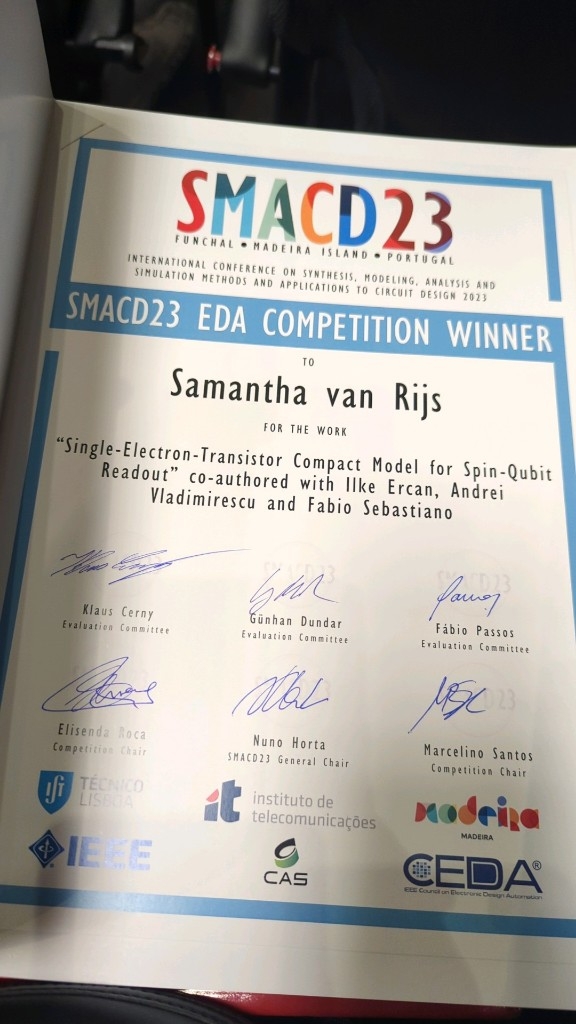
Ilke Ercan (EEE group) receives an educational fellowship for 2023
- Wednesday, 23 November 2022

The Delft Education Fellowship recognizes and appreciates the efforts of lecturers for educational innovation and boosts the impact on educational reform and development. Lecturers, Assistant professors, Associate professors and Full professors can become Education Fellow when they have made a visible, substantial and valuable contribution to the education of TU Delft. The Dean of each faculty nominates potential Fellows. Each year TU Delft appoints four new Education Fellows. Since 2016 26 Education Fellows have started their educational fellow project.
A TU Delft Education Fellow is appointed for a period of two years. They receive a two-year grant of €25,000 per year for educational purposes.
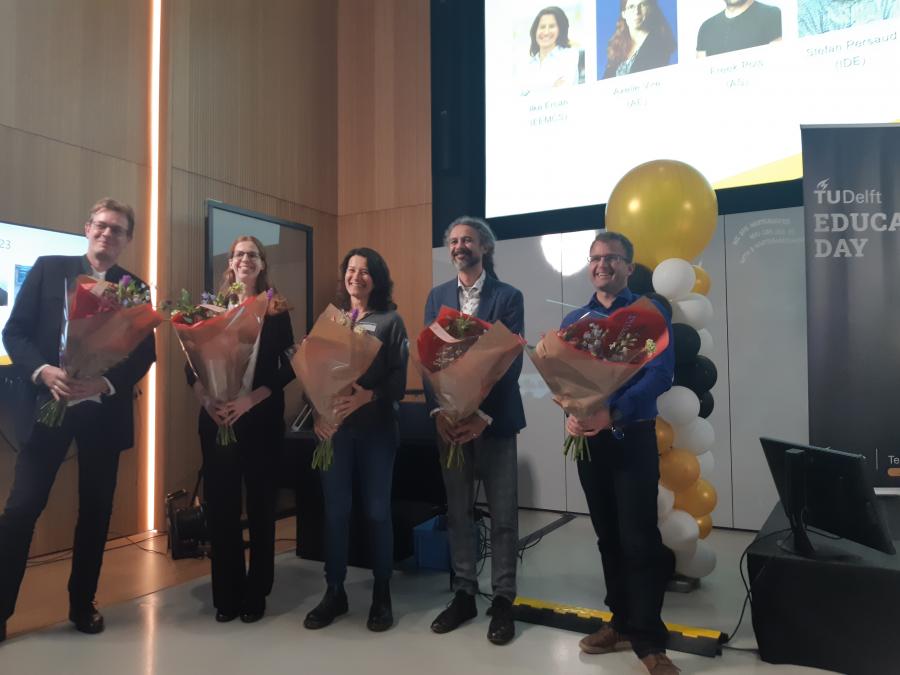
Electrical Engineering Education Section big winners of the Teacher of the Year Awards
- Friday, 10 June 2022
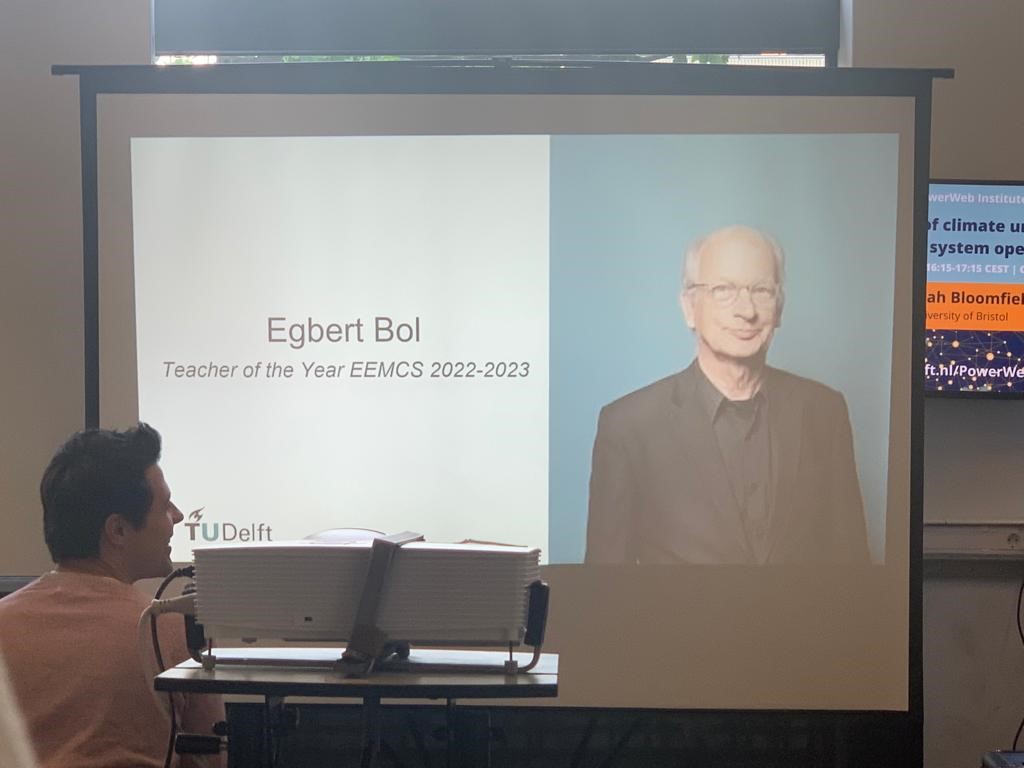
On June 7, student association Christiaan Huygens organized their annual teacher of the year event. Ir. Egbert Bol (the chair of EEE section) won the Teacher of the Year Award for the EEMCS faculty. Ir. Bol was also named the Online Teacher of the Year for the EE Department. Dr. Ilke Ercan (EEE section) was selected the Best Teacher of the Year for the EE Department by student votes. She was followed by Dr. Ioan Lager (also EEE section) who came second place for the EE Department Teacher of the Year.
The Electrical Engineering Education Section is shared by the Department of Electrical and Sustainable Energy and the Department of Microelectronics, with a seizable contribution of the Department of Quantum Computing and Computer Engineering, but problem-solving falls under the Department of Microelectronics.
The primary task of the Section is to anchor the hands-on education in the Electrical Engineering curriculum. The BSc-EE program has a range of practicals, aimed at training the students in real-world problem solving skills, teamwork, and reporting. Throughout the first two years of the BSc, a path is followed from close-guided semi-practicals to distance-guided projects without a predefined outcome, in the form of so-called EPO projects. This then culminates in the third year in the BSc End Project, where teams of students work on a much more open-ended assignment (often defined by themselves as well).
The Section consists of a number of teaching staff, as well as a number of technical support staff. The Section is responsible for running the Tellegen Hall, where students work on the practicals.
.jpg)